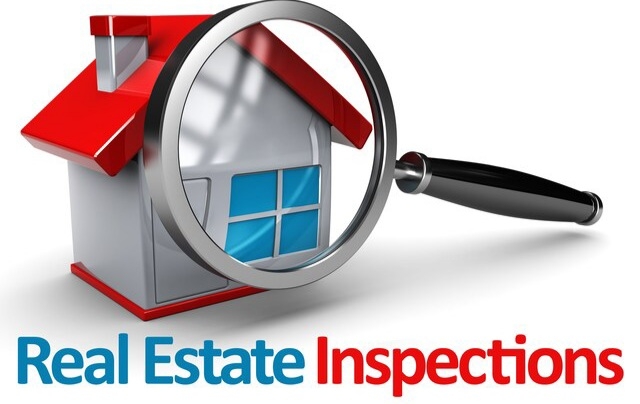Lake Properties Lake Properties
Property Inspector's Report in South Africa – A Comprehensive Guide
A property inspector’s report, also known as a home inspection report, is an assessment of a property’s condition, conducted by a qualified inspector. While it is not legally mandatory, it is highly beneficial for buyers, sellers, and investors.
1. Why Do You Need a Property Inspector’s Report?
Even though a property might look perfect on the surface, underlying defects can lead to costly repairs. Here’s why a property inspection report is important:
For Buyers:
- Avoid Hidden Costs – Identifies potential structural, plumbing, electrical, or roofing issues that may not be immediately visible.
- Negotiation Tool – If major defects are found, buyers can negotiate a lower price or request that repairs be made before finalizing the deal.
- Loan Approval – Some banks may require an inspection before approving a home loan.
- Peace of Mind – Ensures that you are making a sound investment and won’t face unexpected repair costs after purchase.
For Sellers:
- Transparency & Trust – Providing an inspection report upfront builds trust with potential buyers and speeds up the sale process.
- Avoids Legal Disputes – Disclosing defects can protect sellers from future liability if the buyer later discovers issues.
- Competitive Edge – A well-maintained and inspected property is more attractive to buyers.
For Investors & Landlords:
- Ensures the property is safe and habitable for tenants.
- Helps estimate potential maintenance costs and ROI (Return on Investment).
2. Is a Property Inspection Mandatory in South Africa?
A property inspection report is not legally required for buying or selling a house in South Africa. However, certain compliance certificates are mandatory under South African property law.
Mandatory Compliance Certificates:
While a full inspection report is optional, the following certificates are required before transferring ownership:
- Electrical Compliance Certificate (COC) – Confirms the electrical system is safe.
- Plumbing Compliance Certificate – Ensures the plumbing system meets regulations (required in Cape Town).
- Gas Compliance Certificate – Required if the property has gas installations.
- Beetle Infestation Certificate – Common in coastal areas, ensuring no wood-destroying insects are present.
- Electric Fence Certificate – Required if the property has an electric fence.
3. Who Issues a Property Inspection Report?
A qualified property inspector conducts the inspection and issues the report. Inspectors should be registered with professional bodies such as:
- National Association of Building Inspectors of South Africa (NABISA)
- InterNACHI South Africa (International Association of Certified Home Inspectors)
- South African Home Inspection Association (SAHITA)
What Does a Property Inspector Check?
A standard home inspection covers:
✅ Structural integrity (foundation, walls, and roof)
✅ Electrical systems (wiring, circuit breakers, outlets)
✅ Plumbing systems (pipes, drainage, leaks)
✅ Roofing condition (tiles, leaks, insulation)
✅ Damp and mold issues
✅ Pest infestations (termites, beetles)
✅ Security features (doors, locks, windows)
The report will outline defects, potential repairs, and estimated costs.
4. How Long Is a Property Inspector’s Report Valid?
There is no fixed legal validity for a home inspection report, but generally:
- 3 to 6 months is considered reasonable.
- If a significant time has passed, a buyer or bank may request a new inspection.
- Compliance certificates (electrical, plumbing, etc.) typically expire after 2 years (depending on regulations).
5. Cost of a Property Inspection in South Africa
The cost varies based on property size and location but typically ranges from:
- R2,500 – R5,000 for a standard home inspection.
- R5,000+ for large properties or detailed reports.
Conclusion
While a property inspector’s report is not legally mandatory, it is a smart investment that can save you thousands by identifying issues before buying or selling. It also strengthens negotiation power and ensures compliance with property laws.












No comments:
Post a Comment